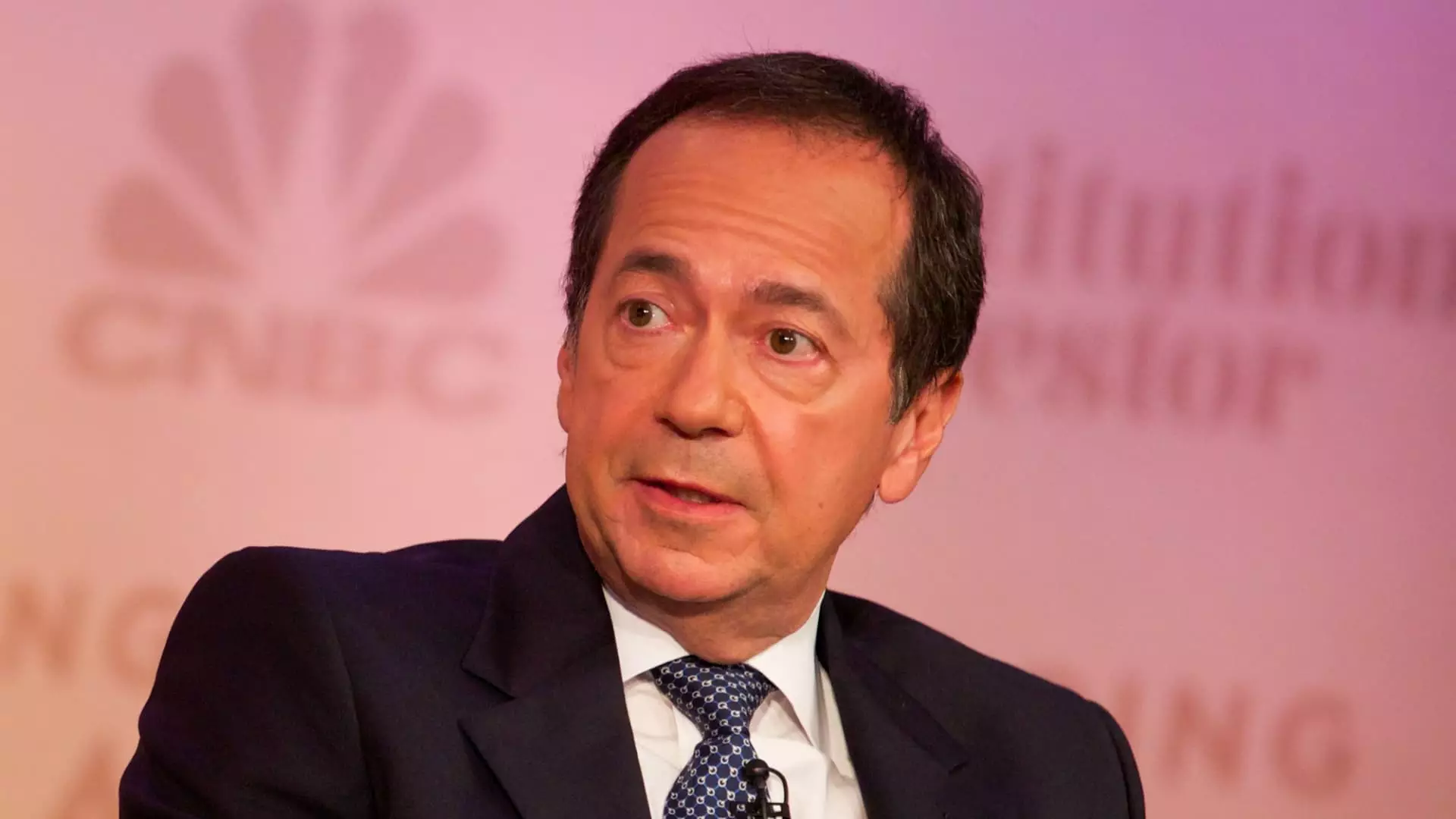In the world of finance, few names resonate as profoundly as that of hedge fund titan John Paulson. Renowned for his prescient bets against the housing market during the 2008 financial crisis, Paulson’s predictions carry weight. Recently, he made headlines not only for his investment acumen but also as a vocal critic of Vice President Kamala Harris’s proposed tax reforms. His claims that the shift in tax policy could lead to a market crash and recession merit a deeper exploration of the intersection between tax policy and economic realities.
The Proposed Tax Reforms: A Closer Look
At the heart of Paulson’s warnings is the set of tax reforms championed by Kamala Harris and the Democratic Party. The proposal seeks to increase the corporate tax rate from 21% to 28% and raise the capital gains tax significantly—from 20% to 39% for households earning over $1 million annually. Additionally, there is the contentious idea of a 25% tax on unrealized capital gains, which could dramatically affect investors, particularly the ultra-wealthy.
While Harris’s team asserts a commitment to addressing income inequality through tax reforms, the potential ripple effects on major economic sectors cannot be ignored. Paulson’s argument hinges on the premise that these tax increases would dissuade investment and consumer spending, triggering a significant downturn.
During a recent CNBC interview, Paulson elaborated on his predictions. He contends that implementing these tax reforms would not merely slow market growth but could unequivocally induce a crash. His concern revolves around the psychology of investors and businesses. If substantial taxes on capital gains and unrealized assets were imposed, the immediate response would likely be a retrenchment of investment. This could lead to widespread selling of stocks, real estate, and other assets, drastically destabilizing the markets.
Such predictions might seem extreme to some analysts; however, they point to a broader economic concern. Market dynamics are influenced heavily by investor sentiment and confidence. A sharp increase in taxes could shake that confidence, sending shockwaves throughout not only the financial markets but also the broader economy.
Interestingly, while some Wall Street economists echo concerns about the impact of rising corporate tax rates on S&P 500 earnings, they are typically hesitant to endorse the severity of Paulson’s warnings. Many analysts suggest that while tax increases may have negative effects, they likely would not precipitate a collapse at the scale he envisions. This divergence in viewpoints raises critical questions about the effectiveness of the proposed policies.
Additionally, there are ongoing discussions about the economic ramifications of Trump’s policies, which some believe could precipitate inflation. Paulson himself has contested this view, suggesting targeted tariffs could be managed in a way that wouldn’t negatively impact inflationary pressures.
The discourse surrounding tax reforms is not merely an academic exercise; it has profound implications for the broader economy and financial markets. John Paulson, with his substantial background in financial forecasting, raises pertinent concerns that challenge policymakers to consider the potential outcomes of their proposals carefully. As the political landscape evolves, the path policymakers choose may very well dictate the economic narrative of the coming years.
As the world continues to grapple with the aftermath of the pandemic and shifting political ideologies, the balance between economic growth and equitable taxation will remain a hot-button issue. The stakes could not be higher: the success or failure of proposed reforms may not only influence the fortunes of individual investors like Paulson but could also significantly affect the livelihoods of everyday Americans. The ultimate challenge lies in navigating these complex waters without tipping the scales into economic uncertainty—a task requiring both prudence and foresight.

